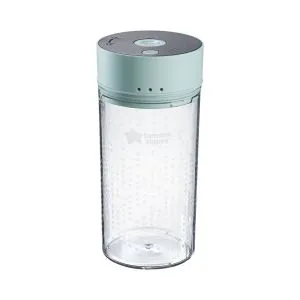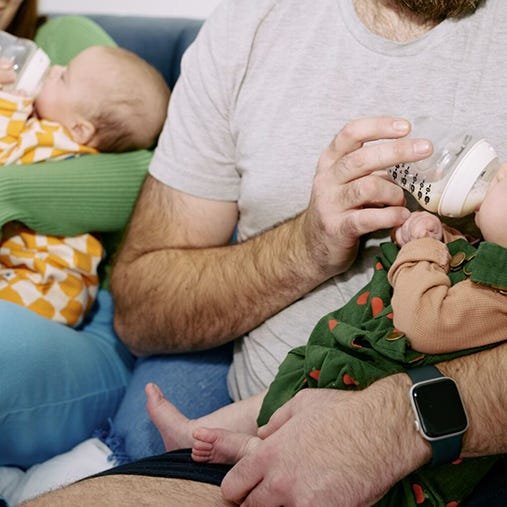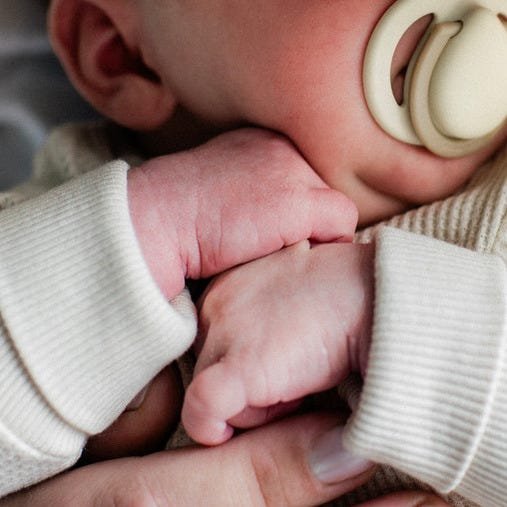How to relive a baby's wind
Some babies will find it easy to burp, while others might need a helping hand.
You can pat or rub your baby's back gently to encourage them to bring up wind. It can help to focus on the left side of their back (this is where their stomach is). Most babies will be okay with a soft touch, but others may need just a slightly firmer pat to get things moving.
You'll soon discover the best way to wind your baby, but you can try the following techniques to find the right way for you both.
Over the shoulder
While sitting or walking, put your baby over your shoulder, hold them and let their chin rest on your shoulder.
Then, support their bottom with one hand and gently pat or rub their back with the other, making sure their head and shoulders are supported.
Sitting up
Sit your baby on your lap facing away from you.
Support their chest and chin with one hand while you gently pat their back with the other.
It can help to lean them forward a little in this position.
Lying down
This is the best method for burping a sleeping baby.
Lay your baby face down on your lap and softly tap and rub their back with one hand while you support their chin with the other.
Remember that some of their feed may come up when you wind them, so be prepared with a bib or muslin cloth over your shoulder or knee. You can bet that the one time you don't protect your outfit will be the time you'll get a major spit-up.
Tummy massage
If the above methods don't work, you can try lying your baby on their back and gently massage their tummy in a circular, clockwise motion.
This not only helps move any trapped gas through and out of their digestive system, but it also provides pain relief and a lovely bonding moment by releasing the hormone oxytocin.
Movement can help too, so try circling their legs back and forward like they're riding a bike - this is known as 'biking out the burp'.











